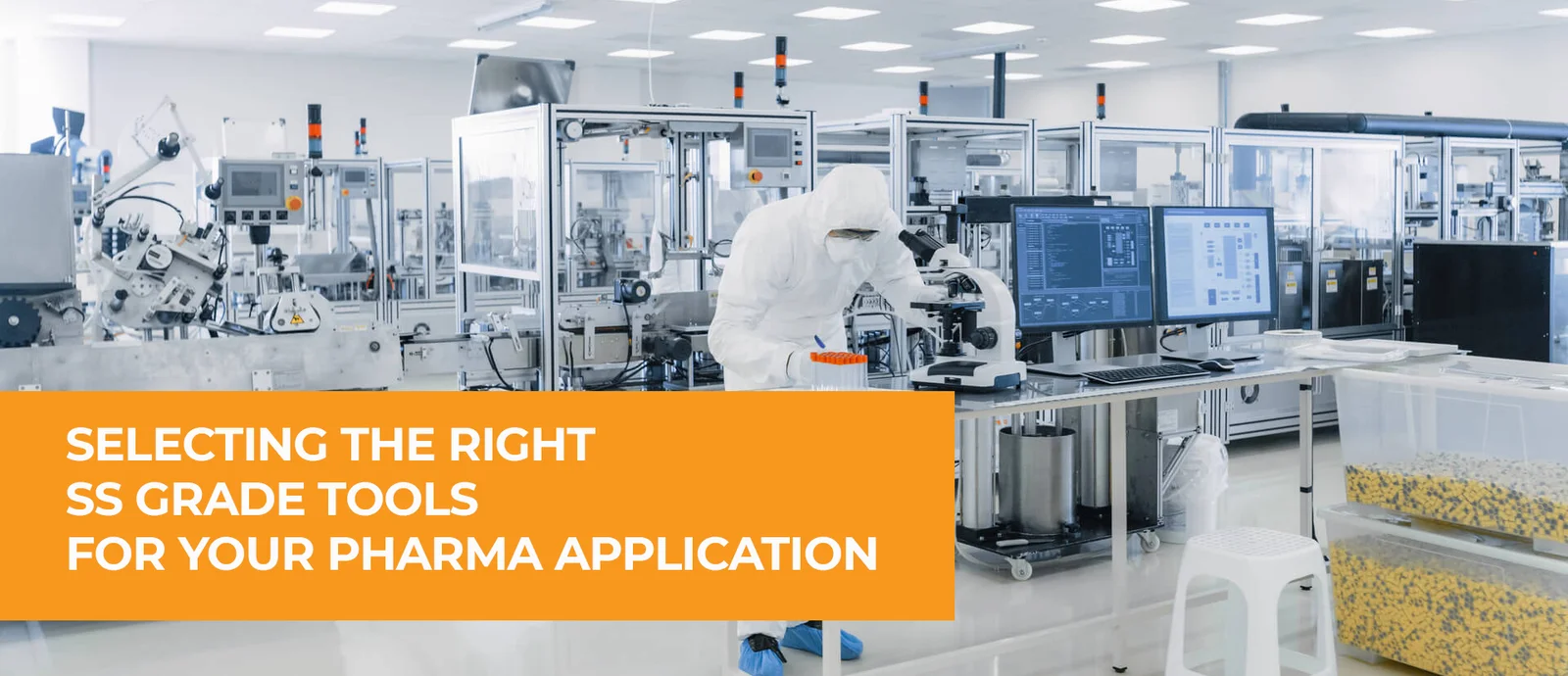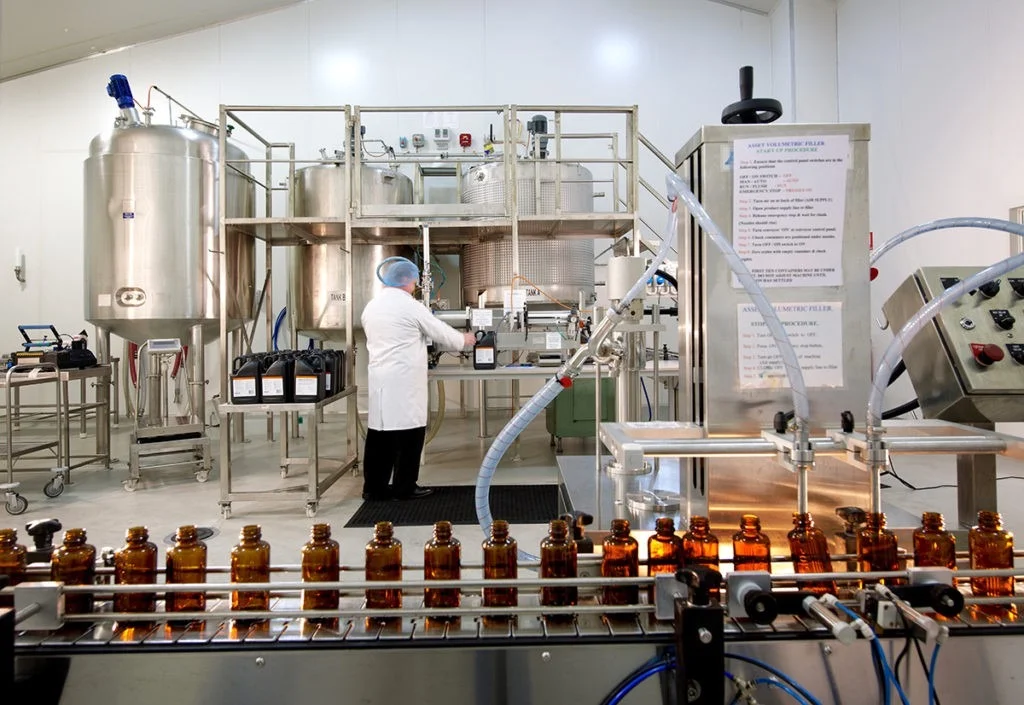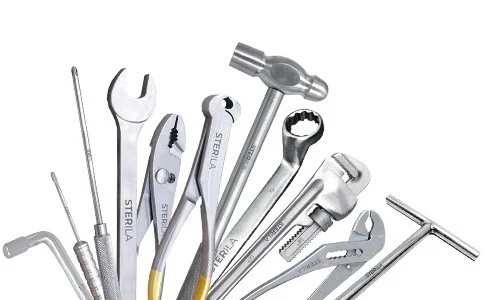
SS316 HAND TOOLS – MUST FOR STERILE PHARMA PRODUCTS

The Indian Pharmaceutical Industry leads the world in manufacturing pharma products including medicines, injectables, tablets, etc. The Covid-19 pandemic has only entrenched our lead globally. As leaders that export to every nook and corner of the world we must ensure quality products as well as best practices in manufacturing.
World Health Organization implements good manufacturing practices (GMP) guidelines within the context of the WHO Prequalification of Medicines Programmed. Similar guidelines are set by various organizations such as FDA in the US and CDSCO in India. Export Oriented Units (EOU) are audited to various standards depending on the country of export. A successful audit means zero loss in production and continued sales.

Hence the keywords in critical and sterile processing are: productivity and compliance with regulatory standards. One of the often overlooked but critical problems is ferrous contamination in sterile process manufacturing from steel hand tools. Most hand tools are either Chrome Vanadium or Black Phosphate. Chrome Vanadium tools have a coating that prevents oxidation and corrosion. This makes chrome vanadium suitable for an autoclave and can be sterilized for acceptable use in critical environments. However, each successive autoclave cycle deteriorates the coating, causing it to chip, flake, and peel.
In Annexure 6 of WHO’s Technical Report Series, No. 961, 2011 states the following in section 12.4:
When equipment maintenance is carried out within a clean area, clean instruments and tools should be used and the area should be cleaned and disinfected again, where appropriate, before processing recommences, if the required standards of cleanliness and/or asepsis have not been maintained during the maintenance work.
There is an emphasis on clean instruments and tools as well as cleaning and disinfecting before restarting the process. To mitigate the risks of ferrous contamination as well as meet the above guidelines Stainless Steel hand tools are perfect for maintenance in critical areas. Stainless Steel has long been the standard in the medical industry because of its high resistance to corrosion. High chromium in SS316 content reacts with Oxygen to form a protective, non-reactive layer on the surface. This makes SS autoclavable over multiple cycles.

SOPs should implement Sterila ® SS tools for all critical maintenance applications. As identified earlier our 2 objectives i.e. productivity and compliance are easily met with use of Sterila® tools. You may reach out to us for any technical support you require – from tool selection to selecting the right SS grade for your application. If required we can provide customized tools specific to your application.